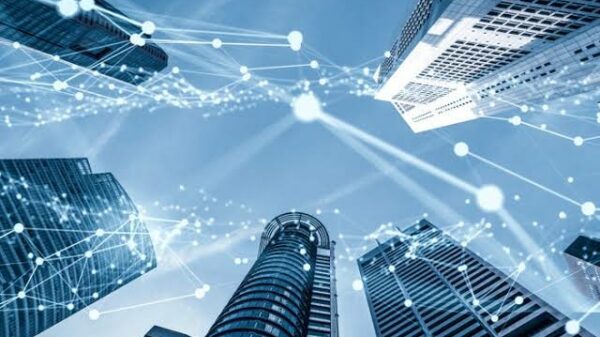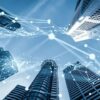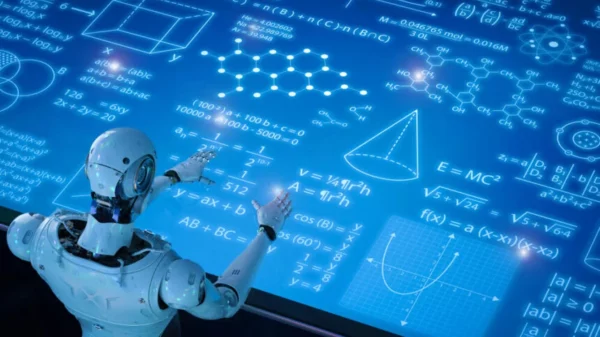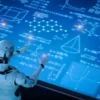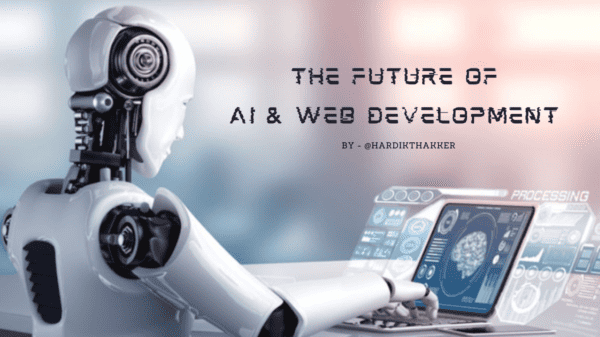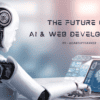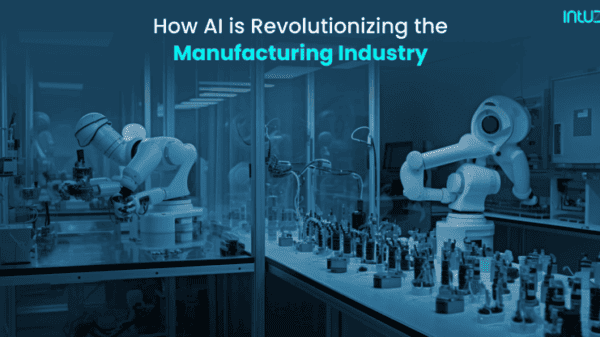In today’s world, artificial intelligence (AI) is becoming increasingly integrated into our daily lives. From virtual assistants like Siri and Alexa to recommendation algorithms on streaming platforms, AI has revolutionized the way we live, work, and create. But what happens when AI starts to intrude into the realm of human creativity? Are we witnessing the birth of a new era where machines can match, and maybe even surpass, human artistic genius?
Let’s explore the intersection of top AI tools online and creativity, examining the foundation of AI’s creative capabilities, the concept of collaboration between humans and AI, the ethical implications and challenges that arise, and the future trends and possibilities in this rapidly evolving field.
The Foundation of AI and Creativity
At its core, AI is the ability of machines to simulate human intelligence, enabling them to learn, reason, and make decisions. With advancements in machine learning and deep neural networks, AI has gained the ability to analyze vast amounts of data and identify patterns, leading to creative outcomes. From composing music to generating artwork, AI has demonstrated its potential in mimicking human creativity.
However, the process of creating art is not merely about reproducing patterns. It involves emotions, experiences, and the ability to think abstractly. Can AI truly understand and replicate these aspects of human creativity? While AI can generate impressive results, it still lacks the genuine understanding and emotional depth that human beings possess.
Collaboration and Co-Creation: Humans and AI as Creative Partners
Rather than replacing human creativity, AI has the potential to enhance and amplify it. The concept of collaboration between humans and AI is gaining momentum, with artists, musicians, and writers exploring the possibilities of co-creation. The combination of human intuition and AI’s analytical capabilities can lead to unique and innovative outcomes.
For example, AI-driven music composition platforms allow users to create customized soundtracks by selecting different moods, styles, and instruments. The AI technology then generates a composition based on these inputs, which the user can further refine. This collaboration offers efficiency and creativity that would be difficult to achieve solely through human effort.
Similarly, in the world of visual arts, AI tools use algorithms to transform photographs into stunning artworks, mimicking the styles of famous painters like Van Gogh or Picasso. These tools empower individuals to explore their artistic potential by producing unique and visually striking pieces that blend human and machine influences.
Ethical Implications and Challenges
As AI and creativity intersect, a range of ethical implications and challenges arise. One major concern is the question of originality and copyright. If an AI system generates a piece of art or music, who owns the rights? Is it the human collaborator, or should the AI itself be recognized as the creator? These questions raise complex legal and philosophical dilemmas that require careful consideration.
Another ethical concern revolves around AI’s potential to perpetuate biases and stereotypes. Machine learning algorithms rely on training data, which can inadvertently reflect human biases present in society. If AI is left unchecked, it could unintentionally amplify these biases, leading to discriminatory outcomes in creative expressions. Ensuring fairness, diversity, and inclusivity in AI-generated content is vital to prevent further marginalization and stigmatization.
Future Trends and Possibilities
Looking ahead, the future of AI and creativity holds exciting prospects. As AI systems continue to improve, they may develop a deeper understanding of human emotions and experiences. This could enable AI to not only replicate human creativity but also generate entirely new artistic expressions. The boundaries between human and machine creativity may blur, giving rise to a new form of collaborative artistic creation.
Furthermore, the integration of AI into creative industries could democratize access to artistic tools and resources. AI-powered platforms and tools could empower individuals with limited artistic training to explore their creativity, bridging the gap between amateurs and professionals.
Additionally, AI can contribute to the preservation and restoration of cultural heritage. By analyzing historical artifacts and artworks, AI algorithms can assist in reconstructing lost or damaged masterpieces, ensuring that the beauty of the past is not lost to time.
Conclusion
AI is undoubtedly reshaping the landscape of creativity, challenging traditional notions of human genius, and inviting new possibilities for collaboration and innovation. While AI has made significant strides in replicating human creativity, it’s important to acknowledge that AI lacks the essential human qualities of emotion and abstract thinking.
Rather than fearing AI’s encroachment on creativity, embracing collaboration between humans and machines can unlock novel forms of creative expression and democratize artistic tools. As we navigate the ethical implications and challenges, it is crucial to uphold fairness, diversity, and inclusivity principles to ensure that AI and creativity coexist harmoniously.
In art, music, and literature, the intersection of AI and human creativity is transforming the creative process. It’s an exciting time filled with boundless opportunities and challenges, blurring the lines between man and machine in pursuing artistic expression.
Thanks for reading this article. If you're new here, why don't you subscribe for regular updates via RSS feed or via email. You can also subscribe by following @techsling on Twitter or becoming our fan on Facebook. Thanks for visiting!


















































































































































































